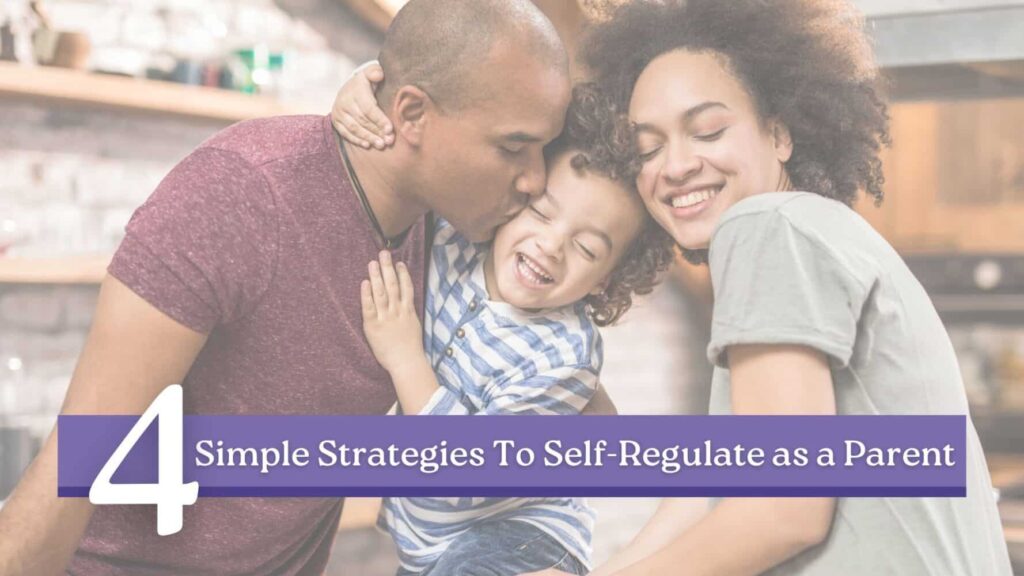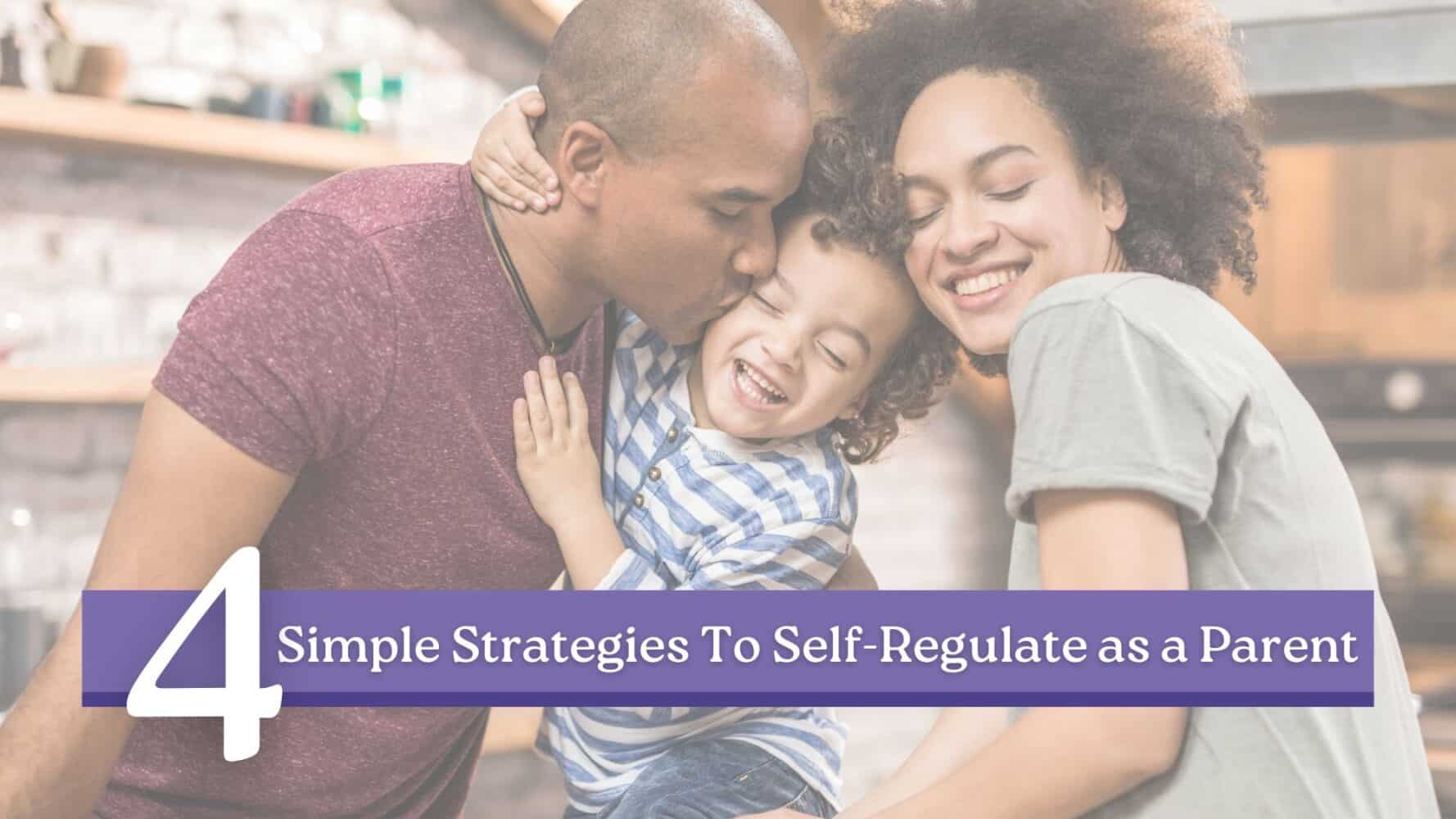
Self-Parenting: Reclaiming Your Inner Child and Healing Past Wounds
In today’s fast-paced world, many individuals find themselves grappling with unresolved emotional baggage from their childhood. Traditional parenting models, while often well-intentioned, may have left unmet needs, leading to feelings of inadequacy, anxiety, or even depression in adulthood. This is where the concept of self-parenting comes into play. Self-parenting, in essence, is the practice of providing yourself with the nurturing, support, and guidance that you may have lacked during your formative years. It’s about becoming the loving and understanding parent you always needed, ultimately fostering emotional healing and personal growth. This article delves into the intricacies of self-parenting, exploring its benefits, techniques, and potential challenges.
Understanding the Core Principles of Self-Parenting
Self-parenting isn’t about blaming your parents or dwelling on the past. Instead, it’s a proactive approach to addressing unmet needs and healing emotional wounds. The core principle revolves around identifying your inner child – the part of you that still carries the memories, emotions, and beliefs formed during childhood. This inner child may be feeling neglected, scared, angry, or unworthy. By consciously connecting with this inner child and providing it with the love, validation, and security it craves, you can begin to heal these wounds and rewrite your emotional narrative.
Several key principles underpin the practice of self-parenting:
- Self-Awareness: Recognizing your emotional triggers, identifying unmet needs, and understanding the impact of your childhood experiences on your current behavior.
- Self-Compassion: Treating yourself with the same kindness, understanding, and acceptance that you would offer a child. This involves acknowledging your pain, validating your feelings, and refraining from self-criticism.
- Setting Boundaries: Establishing healthy boundaries with others and yourself to protect your emotional well-being. This may involve saying no to requests that drain your energy, limiting contact with toxic individuals, or creating space for self-care.
- Meeting Your Needs: Identifying and fulfilling your physical, emotional, and spiritual needs. This could involve engaging in activities that bring you joy, practicing mindfulness, seeking therapy, or connecting with supportive communities.
- Reparenting Your Inner Child: Actively providing your inner child with the love, validation, and security it needs. This can involve engaging in activities that bring you joy, expressing your emotions in a healthy way, and challenging negative self-beliefs.
The Benefits of Embracing Self-Parenting
The journey of self-parenting can be transformative, leading to a wide range of benefits:
- Improved Emotional Regulation: By understanding and addressing your emotional triggers, you can learn to regulate your emotions more effectively, reducing reactivity and improving your overall emotional stability.
- Increased Self-Esteem: As you provide your inner child with the love and validation it needs, you’ll begin to develop a stronger sense of self-worth and confidence.
- Healthier Relationships: By healing your emotional wounds, you can break free from unhealthy relationship patterns and build more fulfilling and meaningful connections with others.
- Reduced Anxiety and Depression: Addressing unmet needs and healing emotional wounds can significantly reduce symptoms of anxiety and depression.
- Greater Self-Compassion: Self-parenting fosters a deeper sense of self-compassion, allowing you to treat yourself with kindness and understanding, even when you make mistakes.
- Enhanced Resilience: By learning to nurture and support yourself, you’ll develop greater resilience in the face of challenges and setbacks.
Practical Techniques for Effective Self-Parenting
Self-parenting is an ongoing process that requires patience, self-compassion, and a willingness to explore your inner world. Here are some practical techniques to help you on your journey:
Journaling and Inner Child Work
Journaling can be a powerful tool for connecting with your inner child and exploring your emotions. Try writing letters to your inner child, asking about their needs and offering them comfort and reassurance. You can also use journaling prompts to explore specific childhood memories or emotional experiences. [See also: Understanding Your Inner Child]
Visualization and Guided Meditation
Visualization and guided meditation can help you create a safe and nurturing space for your inner child. Imagine yourself as a loving and supportive parent, offering your inner child unconditional love and acceptance. You can find numerous guided meditations online specifically designed for inner child work.
Affirmations and Positive Self-Talk
Challenge negative self-beliefs by replacing them with positive affirmations. For example, if you struggle with feelings of inadequacy, try repeating affirmations such as “I am worthy of love and respect” or “I am capable of achieving my goals.” Practice speaking to yourself with the same kindness and encouragement that you would offer a child.
Engaging in Play and Creativity
Reconnect with your inner child by engaging in activities that bring you joy and spark your creativity. This could involve painting, drawing, playing music, dancing, or simply spending time in nature. Allow yourself to be spontaneous and playful, without judgment or criticism.
Setting Healthy Boundaries
Protect your emotional well-being by setting healthy boundaries with others. Learn to say no to requests that drain your energy or compromise your values. Limit contact with toxic individuals who undermine your self-esteem. Create space for self-care and prioritize your own needs.
Seeking Professional Support
If you’re struggling to navigate the process of self-parenting on your own, consider seeking professional support from a therapist or counselor. A therapist can provide guidance, support, and tools to help you heal emotional wounds and develop healthier coping mechanisms. [See also: Finding the Right Therapist]
Potential Challenges and How to Overcome Them
Self-parenting can be a challenging process, particularly if you’ve experienced significant trauma or neglect in your childhood. Some common challenges include:
- Resistance to Change: It can be difficult to break free from ingrained patterns of self-criticism and self-sabotage.
- Emotional Overwhelm: Connecting with your inner child can bring up painful emotions that may feel overwhelming.
- Difficulty with Self-Compassion: It can be challenging to treat yourself with kindness and understanding, particularly if you’ve been conditioned to be self-critical.
- Lack of Support: You may feel isolated or unsupported in your journey of self-parenting.
Here are some strategies to overcome these challenges:
- Practice Patience and Self-Compassion: Be kind to yourself and acknowledge that healing takes time. Don’t expect to see results overnight.
- Seek Support: Connect with supportive friends, family members, or online communities. Share your experiences and ask for help when you need it.
- Break Down the Process: Focus on small, manageable steps rather than trying to overhaul your entire life at once.
- Celebrate Your Progress: Acknowledge and celebrate your successes, no matter how small.
- Consult a Professional: If you’re struggling to cope with painful emotions or trauma, seek professional help from a therapist or counselor.
The Importance of Self-Care in Self-Parenting
Self-care is an essential component of self-parenting. It involves taking intentional steps to nourish your physical, emotional, and spiritual well-being. When you prioritize self-care, you’re better equipped to meet your own needs and provide your inner child with the love and support it deserves. Examples of self-care activities include:
- Getting enough sleep
- Eating a healthy diet
- Exercising regularly
- Spending time in nature
- Practicing mindfulness or meditation
- Engaging in hobbies and activities you enjoy
- Connecting with loved ones
- Setting boundaries
- Saying no to requests that drain your energy
Self-Parenting: A Lifelong Journey of Healing and Growth
Self-parenting is not a quick fix but rather a lifelong journey of healing and growth. By consciously connecting with your inner child, addressing unmet needs, and providing yourself with the love and support you deserve, you can transform your relationship with yourself and create a more fulfilling and meaningful life. Embrace the process with patience, self-compassion, and a willingness to explore your inner world. The rewards of self-parenting are immeasurable, leading to greater emotional stability, increased self-esteem, and healthier relationships. This journey of self-parenting allows you to become the best version of yourself, healed and whole. Remember that consistent practice of self-parenting will yield the best results. Don’t be discouraged by setbacks; every step you take is a step towards healing. Through self-parenting, you can reclaim your inner child and build a brighter future for yourself. The practice of self-parenting is a testament to your resilience and your commitment to personal growth. As you continue on this path of self-parenting, remember to celebrate your progress and embrace the journey with open arms. The power of self-parenting lies in your ability to nurture and support yourself, just as a loving parent would. Self-parenting is a gift you give yourself, a gift of healing, growth, and self-discovery. It’s about recognizing your worth and taking responsibility for your emotional well-being. This journey of self-parenting empowers you to become the author of your own story, rewriting your past and creating a brighter future. Start your self-parenting journey today and unlock your full potential.

